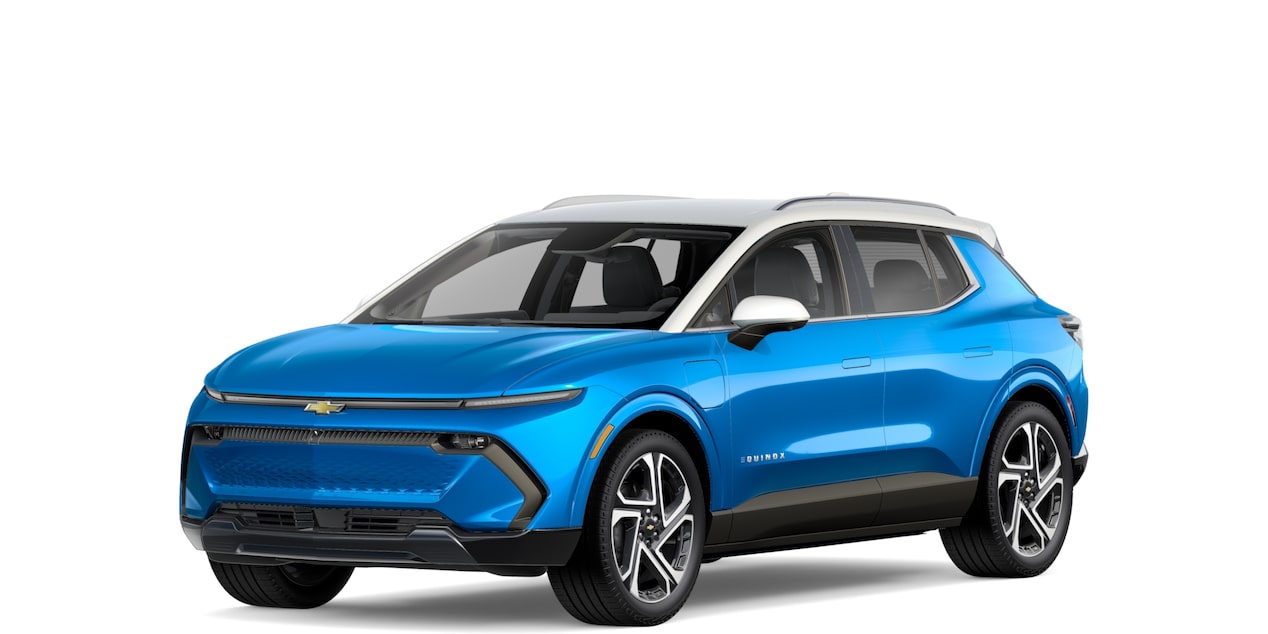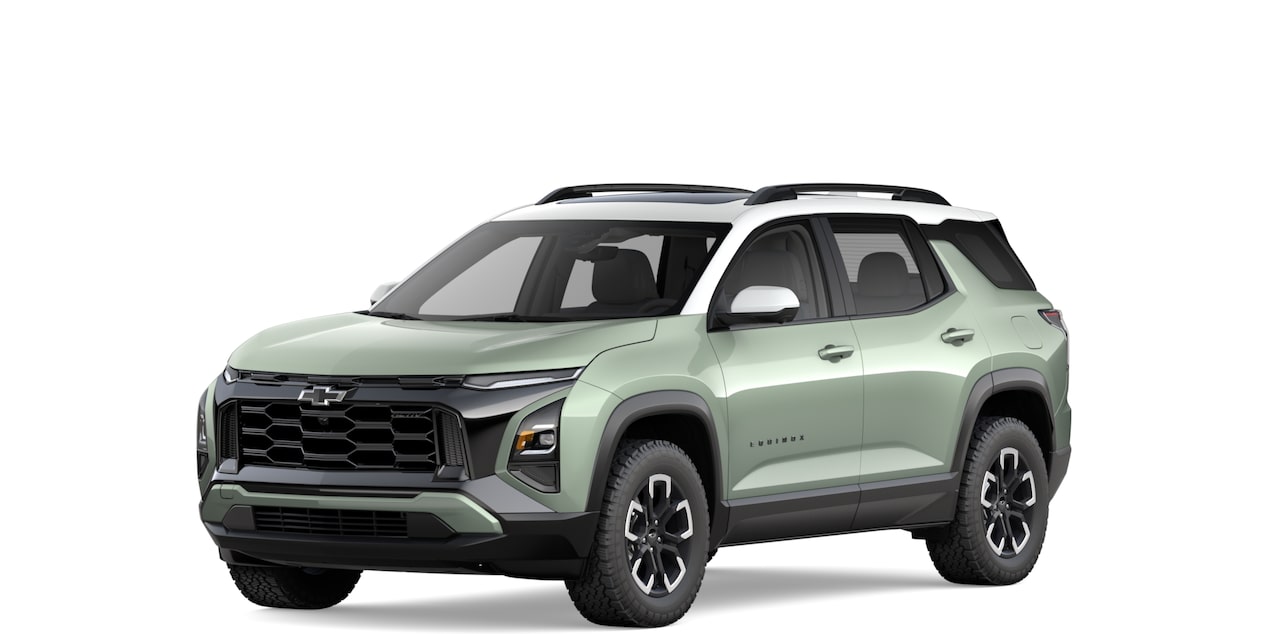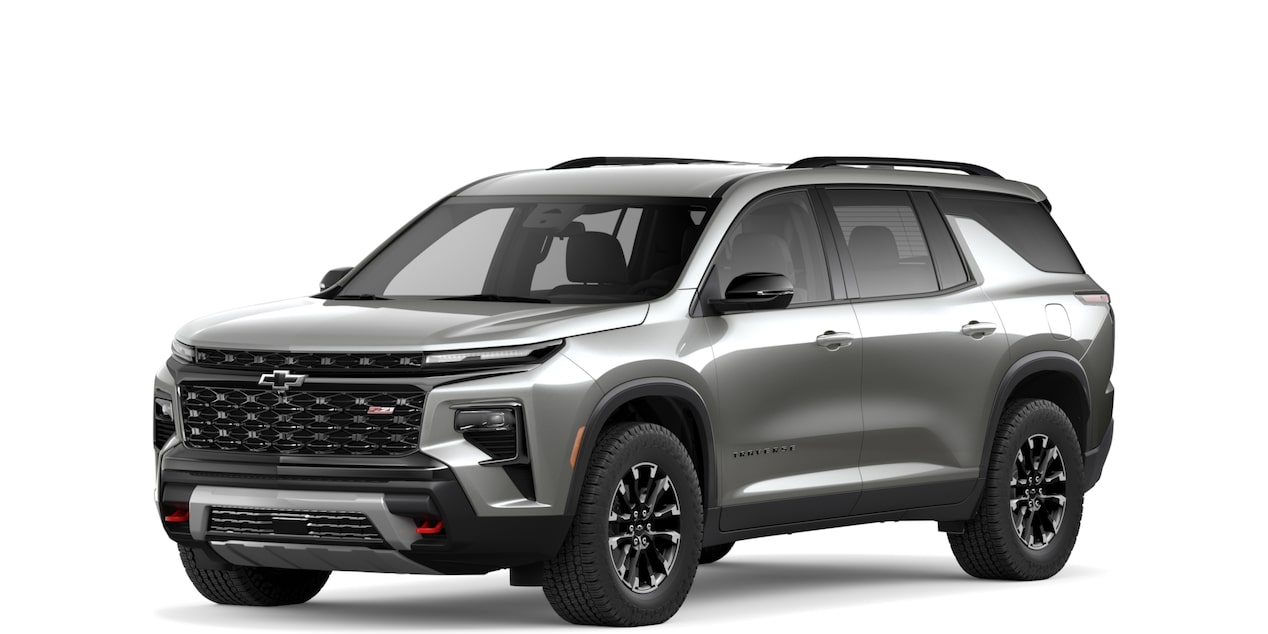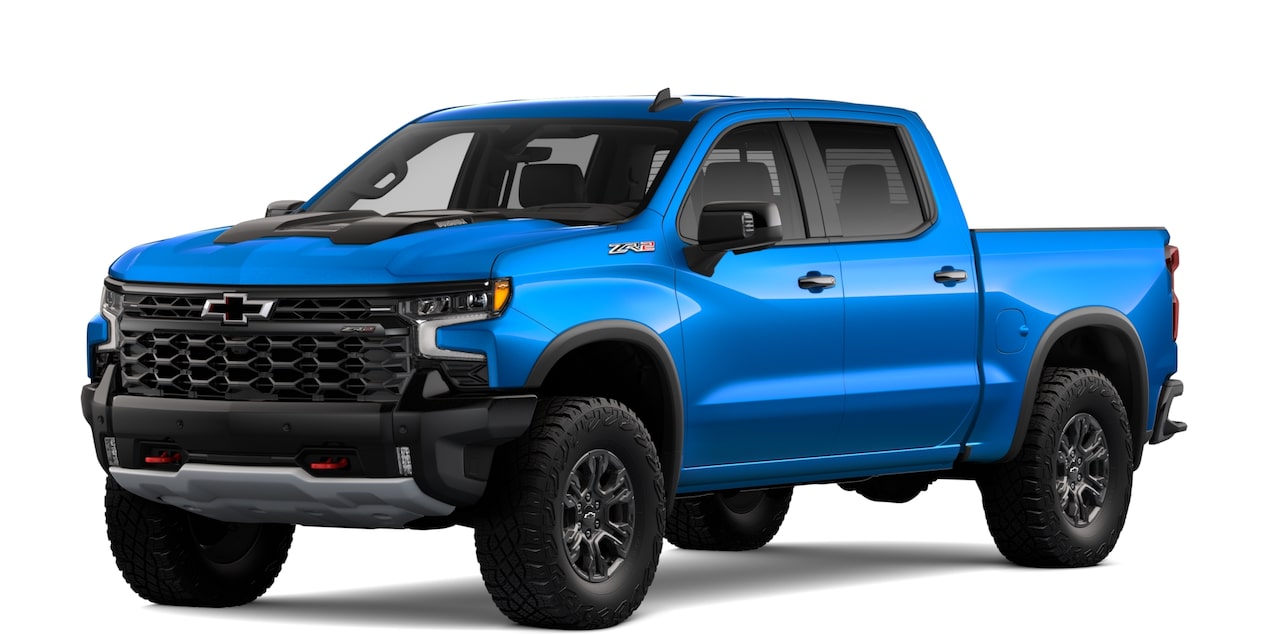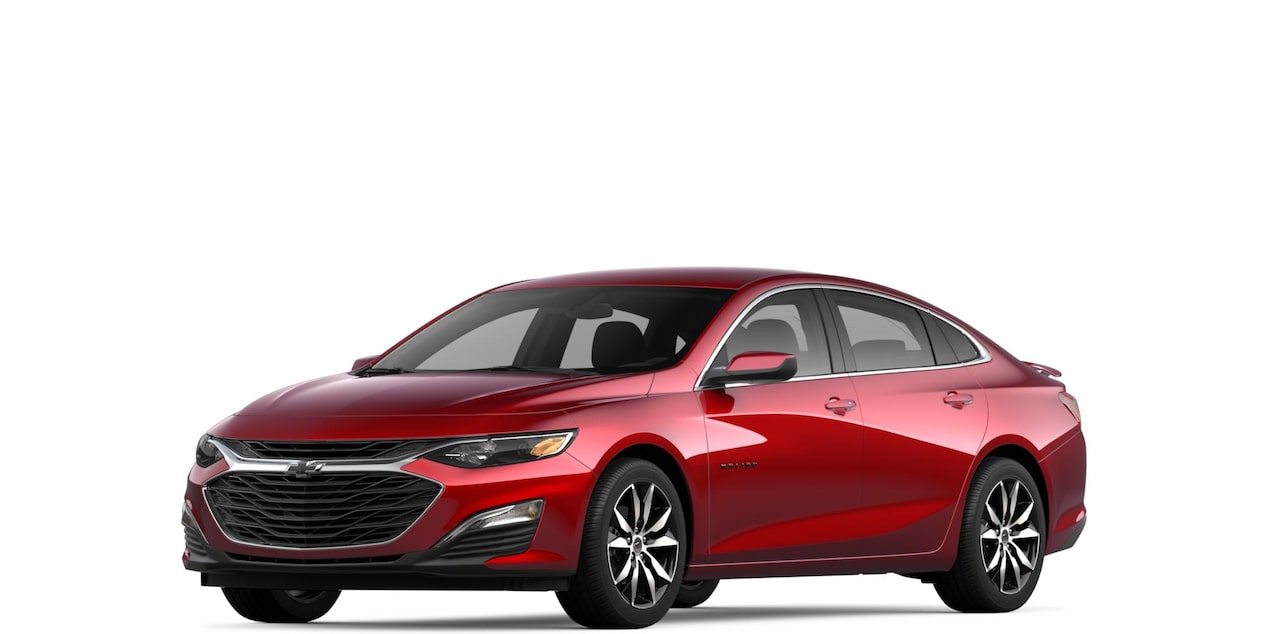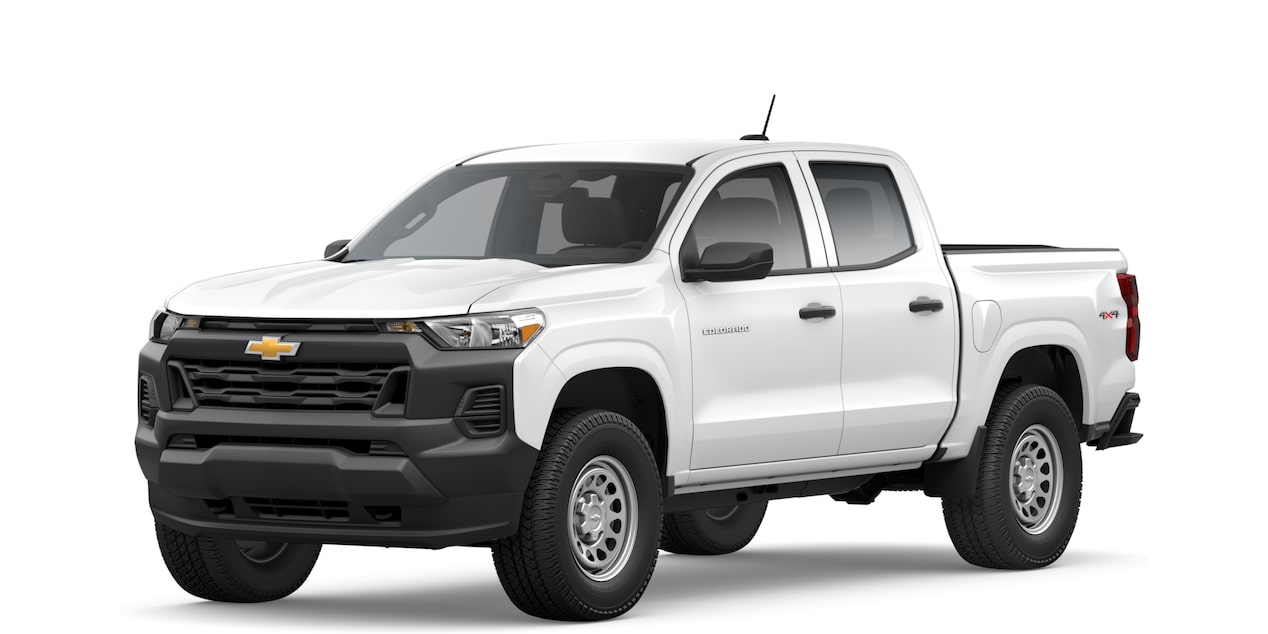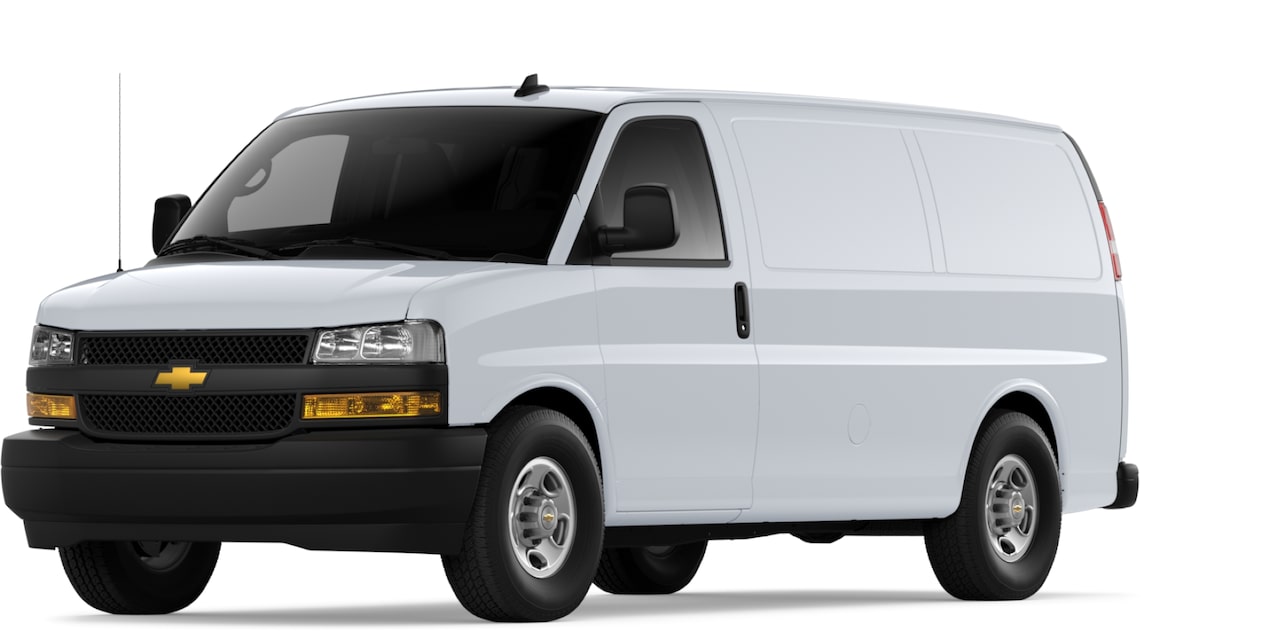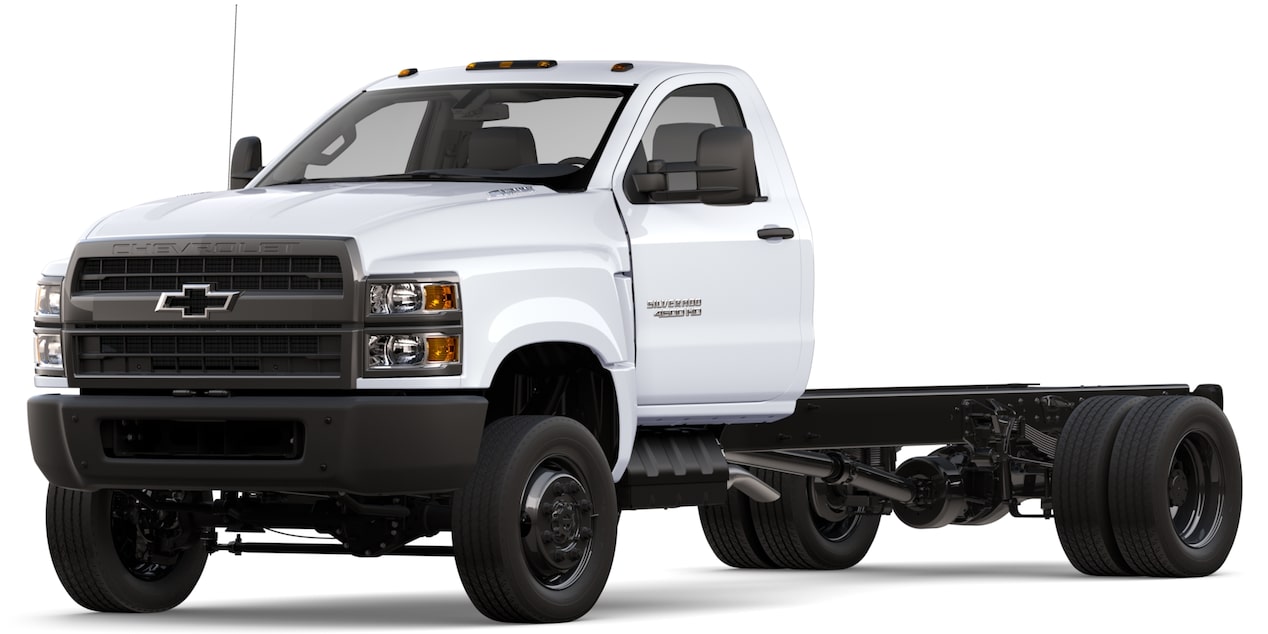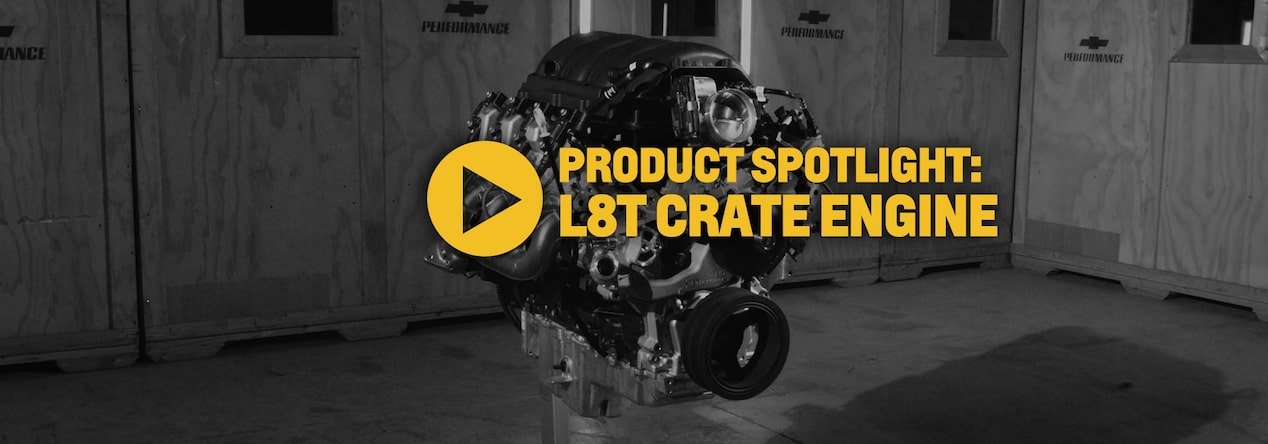
Among all the vehicles built over the last 50 years, few evoke emotions as strong as those attached to the DMC DeLorean. Steve Flanagan is a longtime fan of the unique car, which was built by the DeLorean Motor Company in the early 1980s. He is also a diehard LS enthusiast, so it’s only natural his 1981 model – known as “DeLores” – features an LS swap.
In late November, The BLOCK team visited Flanagan at his home and shop in Gilbert, Arizona, to talk about his DeLorean project.

Steve Flanagan’s 1981 DeLorean features a GM LS4 swap.
“My dad bought one brand new in 1981 when I was in kindergarten, he drove me to school and I was a superhero, it was the coolest thing ever,” Flanagan said. “Cut to ’94 and he let me take it to my senior prom with my date. That was the first time he let anyone drive his car other than him and I was a teenager. He was cool enough to let me do that. I didn't even ask him, he offered it. So, I have a love affair with the DeLorean in general because of my dad.”
Flanagan’s father passed away in 1999, leaving the car to his son. It sat in his driveway under a cover for almost five years, and without the funds to restore it, Flanagan eventually had no choice but to sell the car.
In 2018, he tracked it down in Arkansas and intended to buy it back. By that time, it had been turned into a replica from the famed movie in which a speed of 88.8 mph sends a DeLorean through time.
Preferring DeLoreans as they were originally intended, Flanagan was sad to find holes had been drilled in the car and that it now sported a variety of bolt-on accessories. He was disappointed, but not deterred, and eventually found a 1981 model for sale online. He offered over the asking price, immediately flew to a farming community in Illinois, and had the DeLorean shipped back to his Arizona home. He then went to work.

Flanagan tore down the car and rebuilt it, adding a new drivetrain and suspension. However, much of the car remains stock.
“It was just basically breaking it down into a thousand pieces,” Flanagan said. “Everything came off that car down to the endoskeleton with just the fiberglass inner structure. Then I just started rebuilding it with a little paint work on it and some fiberglass work on the structure. Most of it was perfect, it was just mostly degradation from age. The frame went out for stripping and powder coat, and I added a new suspension. The brakes were all original, I tore them down and rebuilt them and added new pads, et cetera. Most of that car is original other than the drivetrain.”
DeLoreans were known for their cool, futuristic look complete with gull-wing doors. However, they were just as much known for being notoriously underpowered. Enthusiasts have swapped out the original engine for a variety of power plants, but the LS has become one of the most popular.
Flanagan spoke at length with the gentleman who performed the first DeLorean LS swap to learn how to make the change. The individual had recently been hired by DeLorean Midwest to work in the repowering department. From him, Flanagan ordered a milled-aluminum adapter kit to pair his LS4 from a Pontiac Grand Prix GXP with the transmission out of a Porsche. It’s also possible to adapt the LS to the DeLorean’s original five-speed, but Flanagan chose the Porsche option for its ability to handle more horsepower.
“I built the car myself with my hands, it was my vision on how everything went together, and whatever styling cues I wanted to add were all mine,” Flanagan said. “But truth be told, without some help from some smarter people than me, I couldn't have gotten there.”

The 5.3L LS4 engine came out of a front-wheel-drive Pontiac Grand Prix GXP. The LS4 was the only transverse LS produced by General Motors.
Flanagan has what he describes as “a mountain of reasons” why he chose the LS for his DeLorean project. He is a longtime enthusiast of the easy-to-use LS engine and understands the ins and outs of the powerful General Motors power plant. But there were other reasons, too.
“Some of it is reliability, and some of it is the fact that the [DeLorean] originals don't perform,” Flanagan said. “I liked being of sound mind knowing I’m not going to get stranded somewhere and it's going to start every time.”
Despite its well-known versatility, transplanting an LS into the tight confines of the rear-engine-powered DeLorean posed some understandable challenges. However, the LS4 is an ideal choice.
“With anything that you're going to swap you have to take into account clearances,” Flanagan said. “The LS4 is a great platform for something like this; it has tight tolerances because it's three inches shorter than a standard LS. [The LS4 engines] don’t have a water pump sticking out the front, they have a manifold that relocates the water pump off to the side and all the accessory drives are shallower. They do that because that motor originally was designed to go in a front-wheel-drive car.”

The engine is a tight fit in the rear of the DeLorean.
Indeed, the aluminum-block 5.3L LS4 was the only LS transverse engine – meaning the crankshaft is perpendicular to the direction of travel – offered by GM. It could only be found in front-wheel-drive models. The engine appeared in GM automobiles from the 2005 to 2009 model years, including the Pontiac Grand Prix GXP, Chevrolet Impala SS, Chevrolet Monte Carlo SS and Buick LaCrosse Super.
Flanagan installed the engine sideways for fitment, but still found it completely filled the engine bay.
“I’m using every quarter inch,” he said.
Flanagan found another benefit of the LS engine is that it can utilize a variety of interchangeable parts to further enhance fitment and performance. For instance, the LS4 featured a lengthy intake manifold. So, Flanagan swapped with the intake from a 6.0L LS2 out of a 2007 Corvette. He installed it 180 degrees transverse facing backward, but the bolt pattern still lined up.
He is also running LS2 injectors, along with an LS3 throttle plate and a Chevrolet Performance LS3 engine management system which can be used with any long block in the LS series. Plus, he is utilizing the oil pan from a 2004 Pontiac GTO, a size that allows him to maintain use of the original DeLorean frame with no modifications. In addition, Flanagan installed a Texas Speed Stage Two cam kit. He then hired the services of a tuner to get the fuel curve and timing dialed in properly.

The DeLorean maintains its unique exterior appearance.
Yet, outside of the performance upgrades, it’s hard to tell the car is anything other than original.
“My goal with the car was to make it look like a DeLorean,” Flanagan said. “I didn't want anything from the outside to distract or detract from the fact that it was a DeLorean, all the way down to the paint color on the fascias and the wheels.”
The car retains its famed stainless-steel color and Flanagan had the wheels shipped out to be powder-coated and refinished in their original shade. He added adjustable KW coilovers and the car sits about three inches lower than stock height. The idea came from the fact that many DeLorean owners in the 1980s ordered a European lowering kit that wasn’t available in the United States.

The interior looks much as it would have in 1981.
Inside, much of the interior is all original, too. Flanagan simply took apart the dash, center console and door panels, cleaned them up and reinstalled them with new foam and glue. The carpet and headliner are both new but maintain the DeLorean look.
The seats are original to the car with the original seat structures and foam. Their leather is brand new, but reproduced in Europe by the same company that was responsible for the DeLorean upholstery when the cars were introduced. The covers are even sewn in the same gathered pattern and use the same dye colors as the originals.
“The whole outward appearance of the car is stock,” Flanagan said. “That's the idea, to keep it looking original, and then pop the hood and it’s something else.”
Keep watching The BLOCK for more on Chevrolet Performance and fascinating builds from events nationwide.

